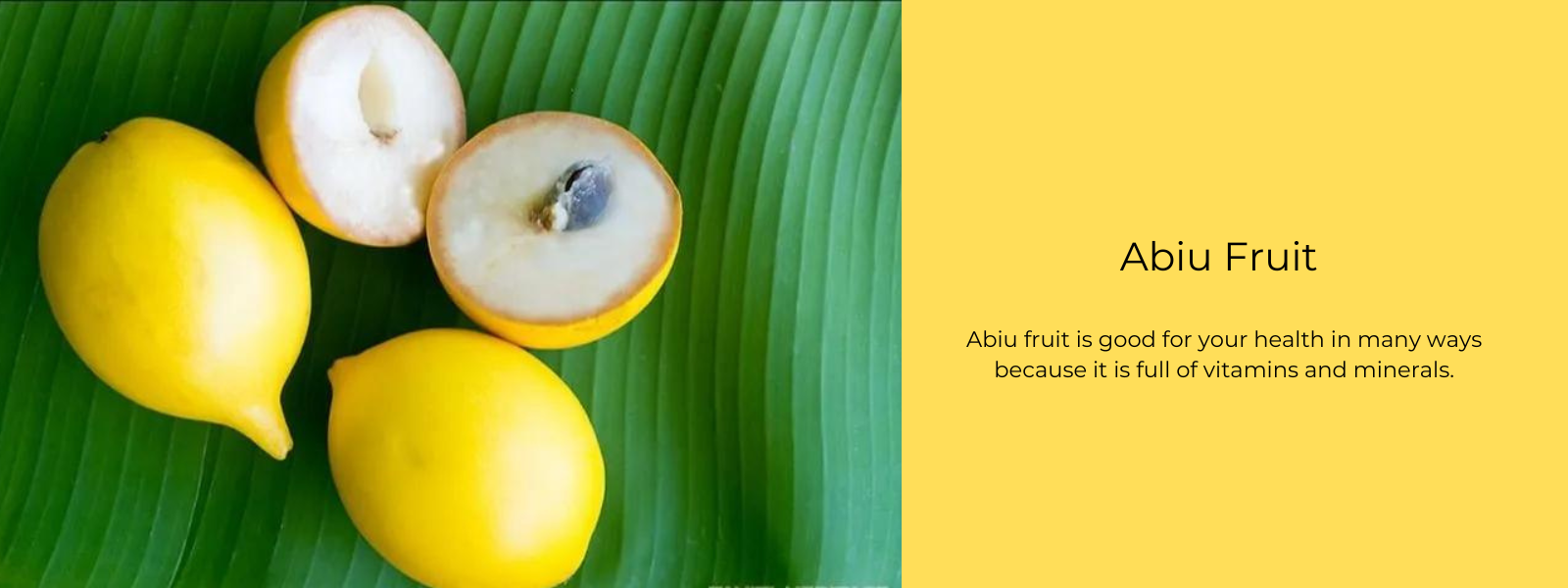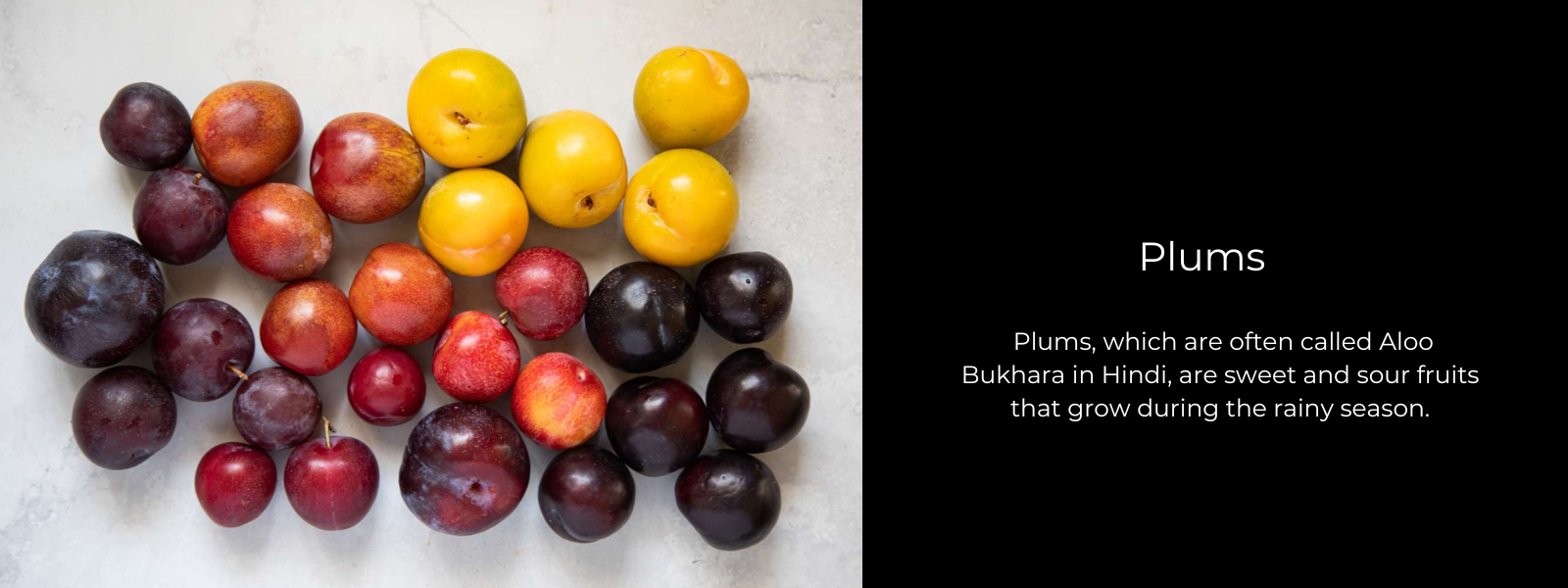The dried version of apricots is known as khurmani, also known as khubani. The ability to alleviate indigestion, constipation, earaches, fever, skin illnesses, malignancies, and anaemia are just a few of the health benefits of apricots. Apricots can also help heal wounds and overworked muscles as well as promote heart health. It is included in many cosmetics since it is advantageous for skin care. Additionally, apricots can lower cholesterol levels, stop vision degradation, help with weight loss, alleviate respiratory diseases, strengthen bones, and keep the body's electrolyte balance in check.
Table of Contents
Nutritional Value:
The considerable vitamin content of apricots/Khurmani, which includes vitamins A, C, K, E, and niacin, is what gives them their health advantages. They are also a great source of other critical vitamins in trace amounts (less than 5% of daily requirements). Additionally, apricots contain a lot of minerals.
The minerals potassium, copper, manganese, magnesium, and phosphorus can be found in apricots. Like other fruits, they are also a very good source of nutritional fibre.
Health Benefits:
Excellent source of vitamin A:
Apricots are packed with Vitamin A, which is also known as retinol. It is fat soluble and aids in improving vision among other things. Additionally, it controls the immune system, defending your skin in the process. The antioxidants retinol and beta carotene, which are also found in apricots, lower your risk of developing the age-related macular degeneration condition neovascular ARMD, which gradually impairs vision.
Full of Fiber:
Apricots are a good source of dietary fibre whether they are consumed fresh, dried, or both. Because retinol in apricots is fat soluble, the fruit rapidly dissolves in the body and the essential nutrients are quickly taken up by the body. And because it breaks down fatty acids quickly, your digestion is in good shape. Additionally, the fruit guards against digestive issues by routinely cleaning the intestines.
Beneficial for the Heart:
Because the fruit has a high fibre content, it aids in lowering the level of harmful cholesterol in the body, protecting your heart. Additionally, it raises the good cholesterol at the same time. Additionally, the potassium in the fruit balances the electrolyte levels in our body, maintaining the health of our cardiac muscles. All you need to do is consume one or two fresh or several dried apricots each day.
Beneficial for Blood:
Any plant-based food that contains iron also contains non-heme iron, and apricots are no exception. The longer this form of iron stays in your system, the greater your chances are of preventing anaemia because it takes time for the body to absorb it. To encourage greater non-heme iron absorption, it is advised that you also take some vitamin C.
Beneficial for Skin:
Good skin is ensured by the combination of phytonutrients, vitamin C, and vitamin A. The antioxidants in khurmani help to slow down the ageing process. We all should eat some apricots every day in addition to following a decent skin care regimen.
It's suitable for diets:
The fruit's dietary fibre serves to enhance digestion, which in turn aids to speed up metabolism. Additionally, especially if you're on a diet, it's frequently advised to have a few apricots as a snack when you're feeling peckish. While filling, it doesn't add extra calories. However, after consuming the dried version, remember to rinse your mouth. Dried fruits contain more sugar, and you don't want that to affect your dental health.
It fortifies your bones:
Apricots are rich in calcium, which is crucial for bone growth and development. It's also interesting to know that calcium is not absorbed and eliminated consistently if there is insufficient potassium in the body. The apricot has both of them, which is fantastic news!
Beneficial for anaemic people:
Because Khurmani is rich in iron and copper, it aids in the production of haemoglobin and the treatment of anaemia.
Anemia, which is just a lack of iron in the body, can cause weakness, weariness, dizziness, problems with the digestive system, and general metabolic malfunction. Because apricots include both of these minerals, they are an excellent food for boosting metabolism and maintaining a healthy body.
Beneficial for Liver:
The healing abilities of the body are boosted by apricots' abundance of minerals, vitamins, fibre, and antioxidants. Regular apricot consumption considerably speeds up the recovery of liver damage.
Apricots can potentially lower the risk of developing fatty liver by being included to regular meals. Hepatic steatosis and other forms of liver damage are prevented by it. The hepatoprotective properties of apricots make them a superfood.
Side-Effects:
Khurmani is nutrient-rich and offers the body a number of advantages. Eating it carries no inherent risks. There might, however, be some negative effects. These include:
- Normal allergies may exist in some persons.
- Due to the presence of sulphites in khurmani, sulphur-sensitive individuals should take particular caution when consuming apricots. Sulphites have a negative impact on asthma and can trigger attacks.
- A stomach ache may also result from an unripe apricot.
- Overeating apricots can result in nausea, headaches, fever, joint discomfort, thirst, drowsiness, and other unpleasant symptoms.










Leave a comment